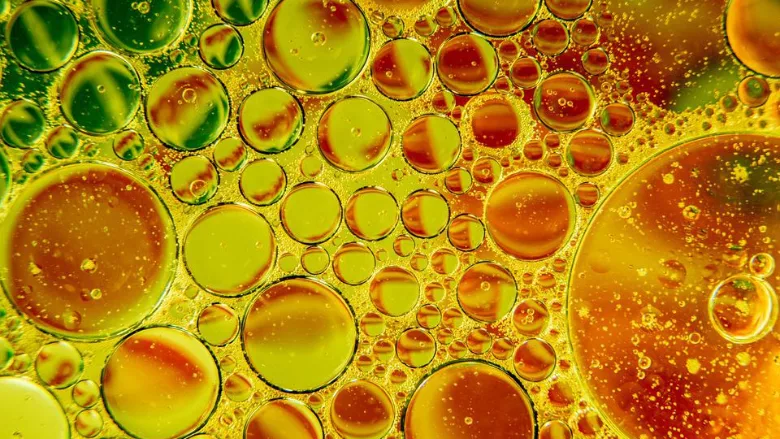Oils, Acids Promising Antimicrobials for Low-Moisture Food Safety, Study Finds

Credit: Konyvesotto via Pixabay
New research published in Applied and Environmental Microbiology suggests that oil formulations with food-grade organic acids can kill dried Salmonella on stainless steel surfaces. The new findings are promising for reducing the risk of Salmonella when processing low-moisture, high-fat foods—such as peanut butter and chocolate—as water-based sanitization is unsuitable for such applications.
According to the study’s researchers, water-based cleaning is rarely used in peanut butter processing environments because it promotes microbial growth. Instead, manufacturers often remove residual peanut butter from manufacturing systems using heated oil, followed by overnight cooling and application of flammable, alcohol-based sanitizing agents. However, foodborne Salmonella outbreaks have been linked to peanut butter in recent months, highlighting the need for additional antimicrobial solutions that can be employed when processing low-moisture food products.
In the study, researchers dried Salmonella Enteritidis on stainless steel surfaces at controlled relative humidity. The dried bacteria was then coated with various oils containing organic acids, testing different acid types, concentrations, contact times, and treatment temperatures to identify which formulations have the strongest antimicrobial properties.
Acetic acid in peanut oil at 45 degrees Celsius was the most effective formulation. According to the researchers, the application of peanut oil mixed with acetic acid, at about half the concentration of household vinegar and under elevated temperatures, resulted in much more antimicrobial efficacy than was expected, indicating a synergistic effect. The results show that acidified oils could be used as an effective means of sanitation in low-moisture food processing facilities, where water-based cleaning can be challenging.
To the researchers’ knowledge, using oils as a carrier of organic acids is a novel approach to delivering antimicrobial compounds against foodborne pathogens. The adaptation of oil-based systems for industrial sanitation—for example, of machinery for processing chocolate and peanut butter—would enable more frequent cleaning, enhancing low-moisture food safety.
Looking for quick answers on food safety topics?
Try Ask FSM, our new smart AI search tool.
Ask FSM →









